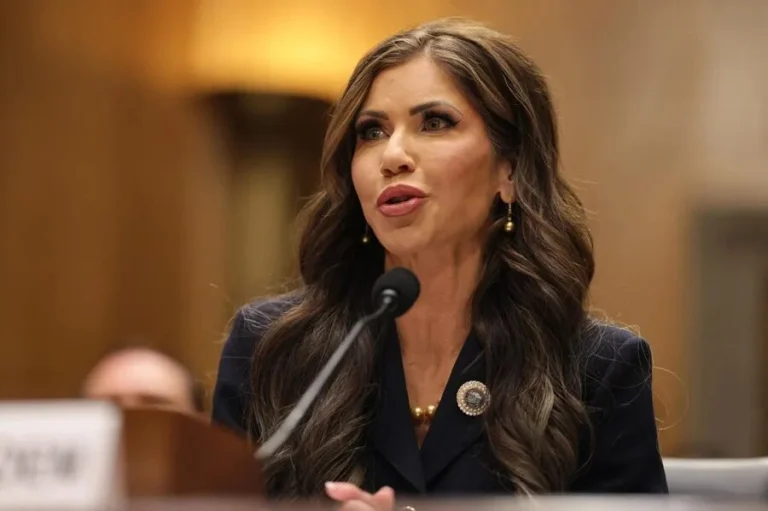Ecuador and US Sign Controversial Security Agreement Amid Rising Social Unrest

Kristi Noem and Daniel Noboa formalize bilateral pact against transnational crime. Photo: EFE.
July 31, 2025 Hour: 6:01 pm
Ecuador and the United States formalize a security cooperation agreement during Kristi Noem’s visit, promising shared intelligence and criminal investigations. Meanwhile, Ecuadorian social movements denounce Noboa’s neoliberal reforms as a threat to labor, environment, and indigenous rights.
Related:
Ecuador Deports Hundreds of Colombian Inmates
On July 31, 2025, Ecuador’s president Daniel Noboa met with US Secretary of Homeland Security Kristi Noem in Quito to sign an administrative agreement aimed at enhancing bilateral security cooperation.
Under the pact, both countries will exchange “critical information” through liaison officers, including US intelligence agents stationed in Ecuador and Ecuadorian police officials deployed to the United States, to coordinate criminal investigations and bolster border control.
The official narrative highlights the fight against organized crime and “terrorist gangs,” framing this agreement as Ecuador taking a leading role in Latin America alongside Washington.
While authorities describe the pact as a mechanism to “strengthen cooperation in security” and “share biometric data to identify terrorists and violent criminals,” critics warn that this translates into deeper US influence over Ecuador’s sovereignty and security institutions.
The agreement facilitates the insertion of US federal agents within Ecuador’s internal security apparatus, entrenching Washington’s militarized approach to “law and order” under the guise of combating organized crime. It could be question the extent to which the administration of Daniel Noboa possesses a concrete security plan beyond promising flashy collaborations with the United States.
On the same day as the signing, diverse social, feminist, union, environmental, and cultural organizations mobilized in Quito against President Noboa’s sweeping neoliberal legislative package.
The measures, approved by his ruling-party-dominated National Assembly, include widespread labor rights rollbacks, mass layoffs, and institutional austerity. Protesters decried the dismantling of the Ministry of Women and the merging of the Ministries of Environment and Culture into other portfolios, interpreting these moves as direct attacks on gender justice, ecological protections, and cultural autonomy.
The marches culminated in symbolic protests outside the Israeli embassy, linking Ecuador’s growing security alignment with the US to complicity in international injustices such as the Israeli occupation of Palestine.
Grassroots leaders and economists like Marcelo Varela denounce the Noboa administration’s reliance on foreign influence and IMF-mandated austerity as fostering an authoritarian rollback on social and environmental rights.
Varela highlights that the government’s security alignment with Washington risks exacerbating Ecuador’s longstanding structural problems rather than resolving them, while social movements warn that mass public-sector layoffs and budget cuts will deepen inequality and weaken protections for vulnerable populations. The swift dismissal of thousands of public officials without transparent evaluations indicates a shift toward repression and extractivist policies that threaten the fabric of Ecuadorian society
Author: YCL
Source: RT

